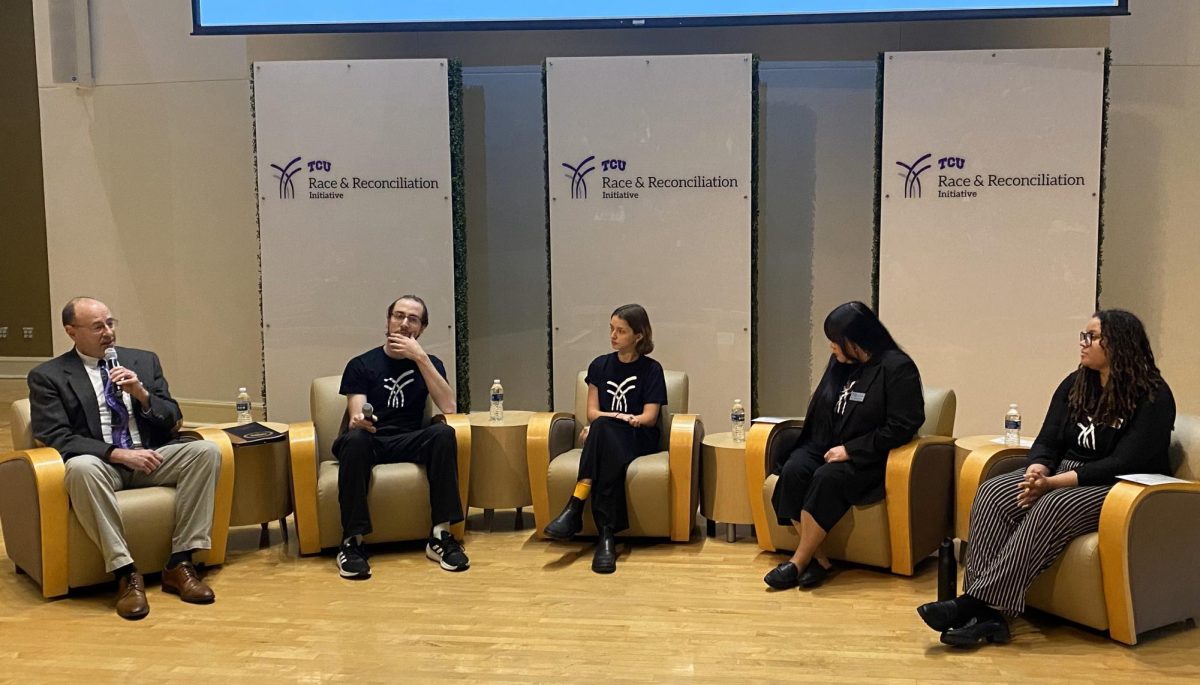“Pirates of the Caribbean,” one of the most popular movies today, may have taken the world by storm, but there’s another kind of pirating that has everyone from college students to studio executives scrambling to their lawyers.Instead of flashy jewelry, gaudy clothes and an eye patch to match, the weapons of choice for today’s pirates are a laptop and file-sharing program, like Kazaa or LimeWire. Peer-to-peer file sharing has become wildly popular since the first days of Napster.
I can recall being one of the many who downloaded Napster when it emerged nearly a decade ago. I instantly began swapping, but mostly receiving, my favorite songs from my favorite artists in unlimited quantities. Soon enough, the fun was over – my dad literally pulled the plug because all that fun I was having listening to new music and archiving classic favorites was illegal.
Just to clarify, file sharing is not illegal. What is illegal is the unauthorized sharing of copyrighted material, which happens when people rip CDs to their computer and make them available for other people to download.
It is this latter scenario the music-loving population of the world is engaging in. The illegal downloading of music happens when people logon to file-sharing programs, get into other computers’ file directories and even share music with friends. Granted, we like to argue about that last one with excuses aplenty, but it’s breaking the rules all the same.
I’m not going to spend time defending the artists’ wallets. Nowadays music artists delve into so many other arenas that they’re sure to make a pretty penny somewhere. But what’s happened to our generation that the boundaries of the law, confrontation with authority and the threat of serious repercussions don’t phase us?
According to a 2006 study by the University of Richmond School of Law, two-thirds of college students say they don’t care if music is copyrighted. In an article in The Kansas City Star, one student said, “As far as illegal goes, it’s not really a concern for most people – it’s like buckling up or not buckling up.”
I refuse to believe it’s so simple. This isn’t the only way our generation is cutting corners and skirting the aims of the law. Plagiarism, too, is at an all-time high.
In a 2001 survey of high school students by Rutgers University, 74 percent of students admitted to cheating on one or more exams, 15 percent admitted to turning in a largely plagiarized paper and 51 percent admitted to not citing a Web source when using a few of its sentences in a paper. I’m not claiming there is a causal effect between piracy and plagiarism, but both certainly seem to have a correlation to our dwindling sense of ethics.
We can’t claim we love music, movies, artists and actors if we’re willing to steal the very art we admire. And how could we ever fathom that the dreams we’ve all had of “making it big” could ever come true if masses of people are stealing our work? Those dreams may not come true anyway, but a generation’s complete disregard for the law shouldn’t be the reason.
Anahita Kalianivala is an English and psychology major from Fort Worth. Her column appears on Tuesdays.




